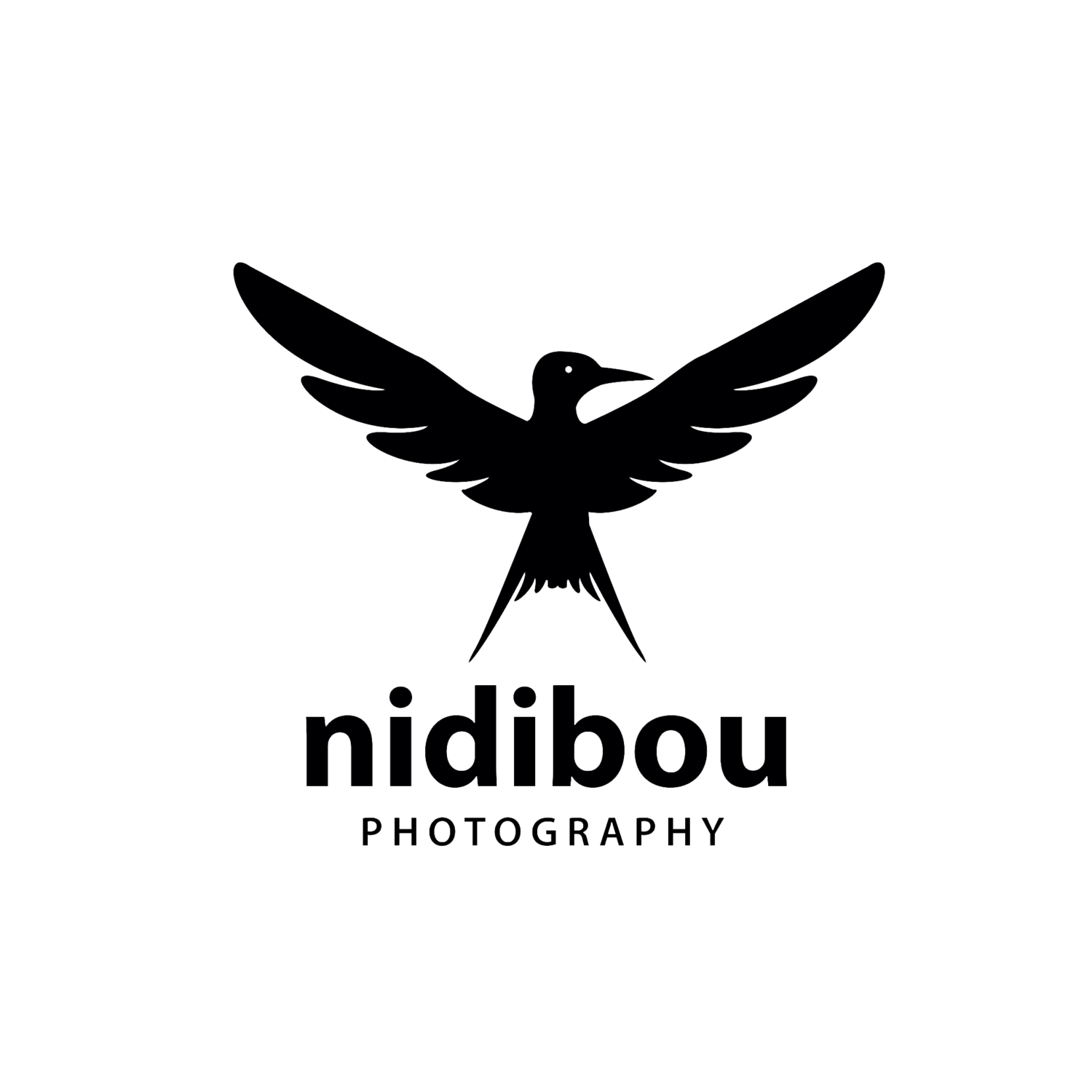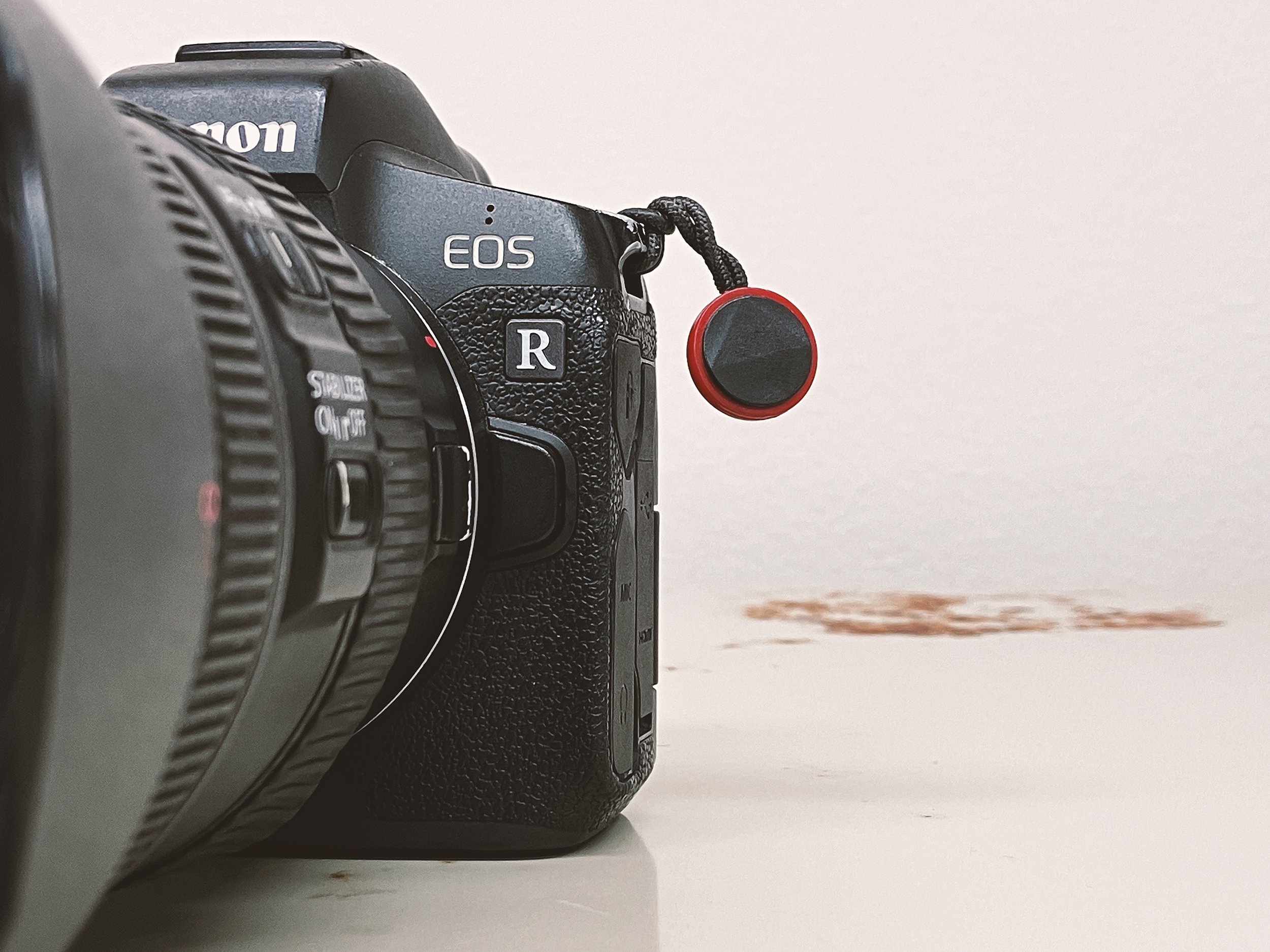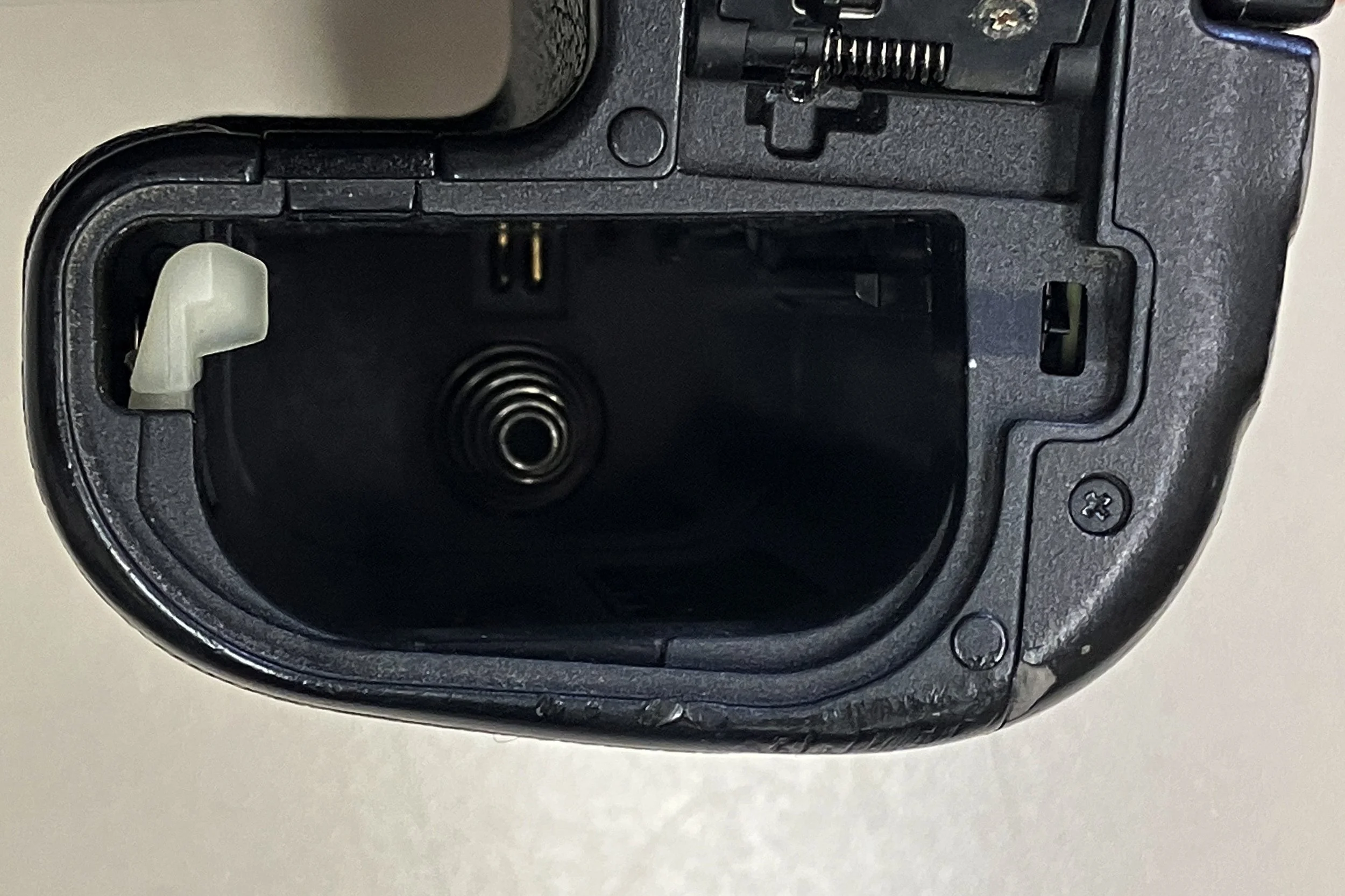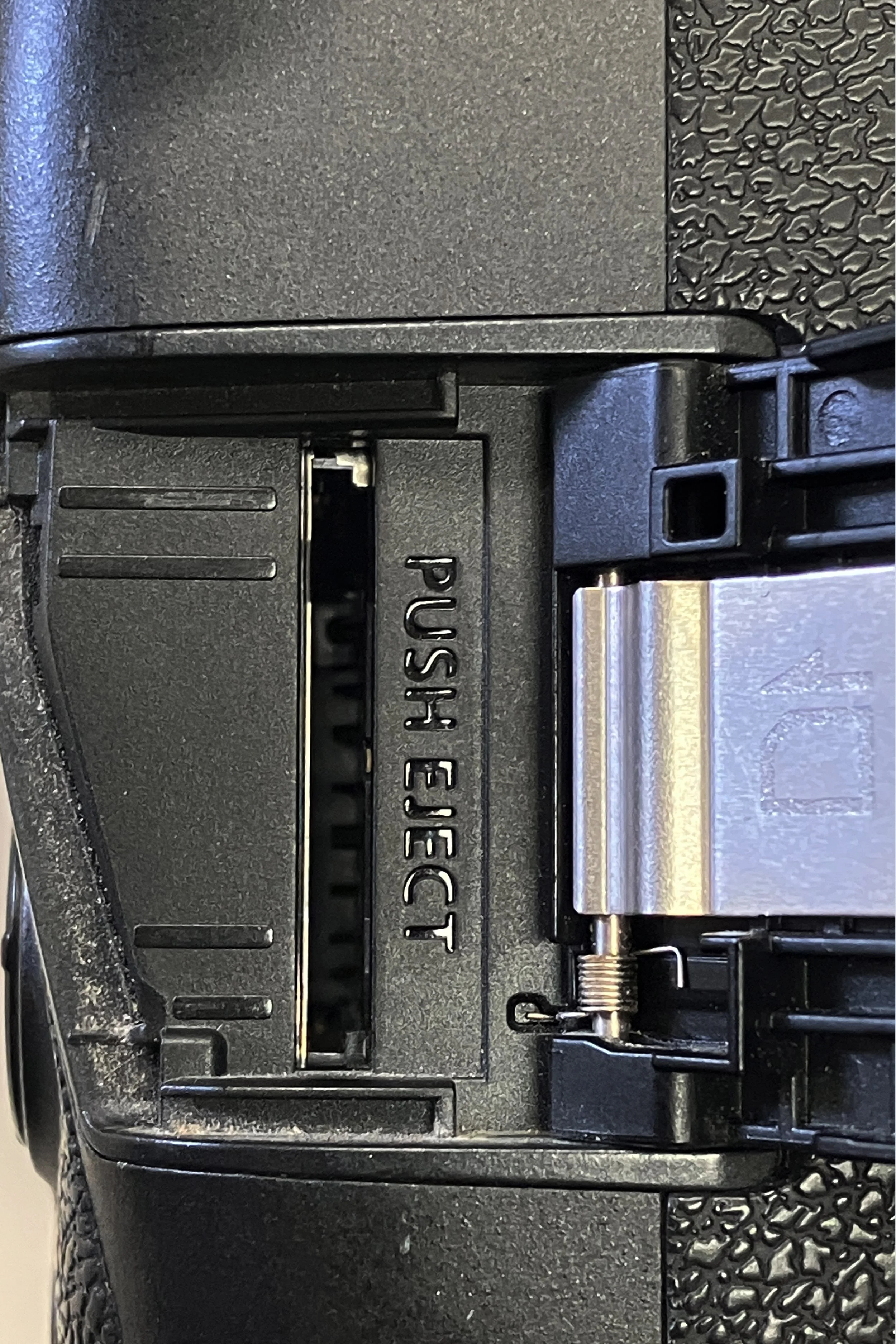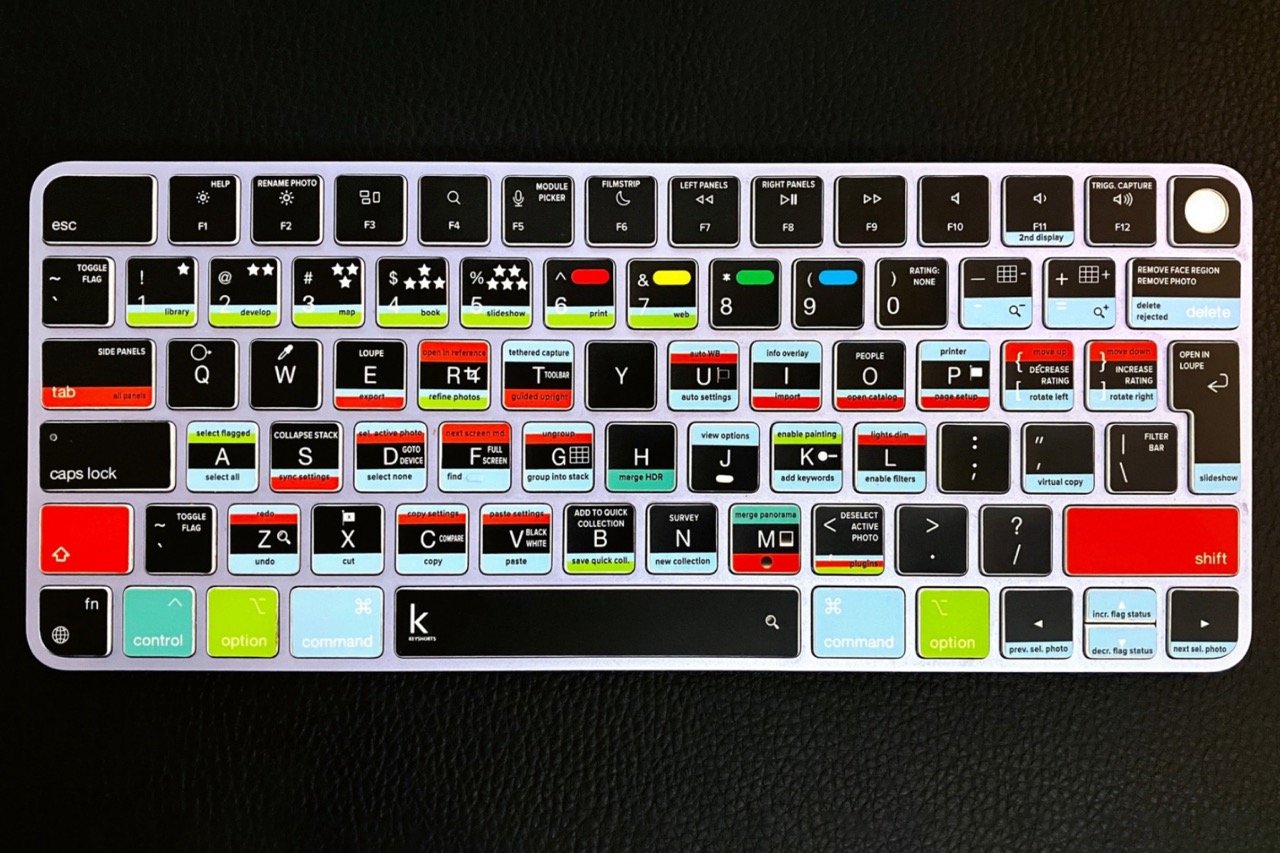What to check before buying a second hand used camera in 2025
ADVICE ON CHECKING A USED CAMERA
Buying a used camera and lenses is an easy route for someone just starting out in photography (or who just doesn't want to spend a small fortune). It's also a way for someone to get a second and third body, as well as some piece of gear that is otherwise hard to find on the market.
In this post we will only deal with the camera body purchase. Buying a lens will be the subject of another post in the future.
FIRST THINGS FIRST
To begin with, if you buy it from a photographic, branded store, it will almost always come with a warranty, so you probably don't need to do much research. Buy fearlessly.
If, however, you go into a transaction between individuals, as is the norm, then you have a lot of work to do.
Here we'll use the Canon EOS R camera as an example.
Canon EOS R
This is my workhorse. A great, cheap camera to buy as used in 2025.
“I got my heroes secondhand.”
DO YOUR RESEARCH FOR THE CAMERA YOU WANT TO BUY
The first step is to see if the camera you have your eye on is still sold as new in the market and what the price is. By using a comparison price site, such as skroutz, we find that new, EOS R body is at 1700€.
We should therefore never give a price close to that, no matter how little the prospective seller has used it.
In your research you could check if the camera you want has any known problems. They usually have some "teething" problems, when they first go out, which are often solved with the release of official firmwares. The EOS R has no particular issues, but it was the camera with the famous multifunction touch bar, which many people hated and even more turned off, myself included.
Then we should ask the seller several questions:
Why is he/she selling it?
Here you are betting on the honesty of the seller. The most common answer is that they are changing gear.
Does she/he have all her accessories?
The original box?
The leash?
The battery?
The battery charger?
The camera manuals?
The warranty?
Proof of purchase?
The lens (if it was part of a kit)?
The camera caps?
Quite an important thing for the seller to have everything, because it shows diligence and care. Moreover, the proof of purchase is important because a camera like the EOS R has been on the market since 2018. It is, obviously, quite different to have it purchased in 2018 than in 2024.
Where did she/he buy it from?
Official store?
Greece?
Abroad?
Essential, since in case of damage, having to send it abroad will lead to delays and minor adventures.
Has it ever fallen?
Does it have visible signs?
Has it presented a problem?
Has it been through an official service?
Was it a formal inspection?
Are there any parts that have been replaced?
If you want to look into it thoroughly, you can even ask the official dealership, with camera’s serial number, for its service history.
CAMERA SHUTTER CLICKS MYTHS
Many people also ask about shutter clicks. We need to note a few things about the topic:
Yes, it's something of a usage indicator, like mileage in cars, but in the last few years the shutter count lifespan of a camera can easily exceeded 150,000-200,000 clicks, so I wouldn't pay too much attention.
More important is how those clicks have been made. For example, 20,000 clicks in burst mode by a wildlife or sports photographer in dust and rain is a lot more stress than 40,000 clicks in a studio.
Use in a lot of video puts a strain on the camera, naturally. It's one thing to use photos instantly and another to shoot half-hour videos, back to back.
Electronic shutter, like video, often doesn't count in camera clicks.
If the salesperson tells you that a shutter change has been done, then that's a bit of a red flag. As much as technology has advanced, shutter change is a bit like open-heart surgery.
You can ask for the last picture taken by the camera to be sent to you and upload it to one of the special programs to see the shutter count.
QUESTIONS TO ASK THE SELLER FOR THE USED CAMERA IN SALE BEFORE THE MEETING
These are all questions you can ask before you even meet and get your hands on the camera.
Once you are satisfied with the answers to the above questions and the price, then you are ready to move on to the next step, meeting with the seller.
Before the meeting:
Ask the seller to update the firmware and reset the camera to factory defaults.
Ask for at least half an hour in advance to do a thorough check of the camera. Do not allow the salesperson to pressure you for a quick inspection.
Bring your compatible lens, accessories and a card or ask the salesperson to bring one of each.
THINGS TO CHECK WHEN YOU GET THE CAMERA IN YOUR HANDS
So, the crucial time to meet the salesperson and the moment to get your hands on the camera has come.
Things to check:
Do an initial visual inspection for any exterior damage. Large dents are suspicious of internal damage. Don't pay particular attention to dust on the outside, such as on the walls of the screen.
Turn on the camera.
Check the battery and its case for corrosion and damage.
What is the condition of the battery?
Select the health of each battery from the menu.
What is the status of the case?
Check the reception of the other ports (HDMI, USB, headphones, microphone, etc.).
Visual inspection.
Check with the corresponding accessories.
Check the memory card slots and confirm that they work.
What is the status of the slot(s)?
Especially if the camera accepts a Compact Flash card, special care must be taken to ensure that the pins are aligned.
Can the camera read and write to your cards?
Check the electronic connectors and the flash hot shoe.
Visually check for rust.
Test a flash to make sure it is working properly.
Check with the shot to see if it has been properly metered.
Bring accessories to test vital ports.
Check the condition of the ports and rubber flaps.
What is the condition of the weather seal, if any (gaskets)?
Check the camera lens mount and electronic contact pins.
Inspect the image sensor for damage and dust.
Visual inspection.
Take a picture towards the sky with a very narrow aperture (e.g. f/22), so that you can then check it on your computer for dust spots and marks.
Inspect the image by naked eye on the screen.
Does the shutter work?
What is the shutter count?
Confirm the fast and slow shutter speeds.
Confirm that the burst mode (if present) produces stable exposures.
Is the autofocus working and properly aligned?
Are the viewfinder focus points properly aligned?
Is the camera focusing the lens?
Check that the shooting mode dial is working correctly.
Is the main display working?
Is it on?
Does it have defective pixels? Take a picture with the cap snapped on the front of the lens and look for evidence of burnt pixels.
[Mirrorless] Does the EVF have defective pixels?
Does the touch sensitivity work at every point?
Does the tilt screen move and stay in place?
Do all buttons work?
Does the built-in flash work?
Does the IR or wireless activation function work?
Check the thread of the tripod base.
What is the condition of the belt links?
Is the viewfinder scope control working?
Is the eyepiece included and if so, is it in good condition?
Is the camera sold with all accessories?
[DSLR] Check the mirror accessories.
Does it have obvious signs of wear (scratches, cracks)?
[DSLR] If the camera has Live View or video mode, make sure they are working.
[DSLR] What is the status of the viewfinder?
Is the exposure meter working?
[Mirrorless] What is the state of the electronic viewfinder?
Is the proximity sensor working?
Take some pictures, mainly with automatic program.
Is it focusing correctly?
Does it meter correctly?
Does the shutter sound?
Take a short video..
FINAL NOTES
Always keep in mind that a big role is played by whether the person selling is an amateur or professional photographer and even then it matters if the professional is for example a wedding, sports or product photographer.
IF YOU ARE THE SELLER OF A USED CAMERA
If you are the seller, follow the reverse procedure, checking the above steps, but first I would advise you to think about whether the sale is worth it or whether it is better to keep the camera as a second body or just as an addition to your collection. Personally I have a small collection and the pieces it contains are like a warrior's weapons to me.
In general, as you can understand, choosing a used camera is not as easy a process as it first seems. This is why I personally recommend buying from a branded shop, as it deserves the trust it inspires. However, one suggestion I never skip is to rent the camera you want to buy if you have no previous experience, so that you can be sure it fits your needs.
Finally, don't forget that there is also the choice of selected, refurbished products from major chains and branded stores.
RELATED CONTENT
